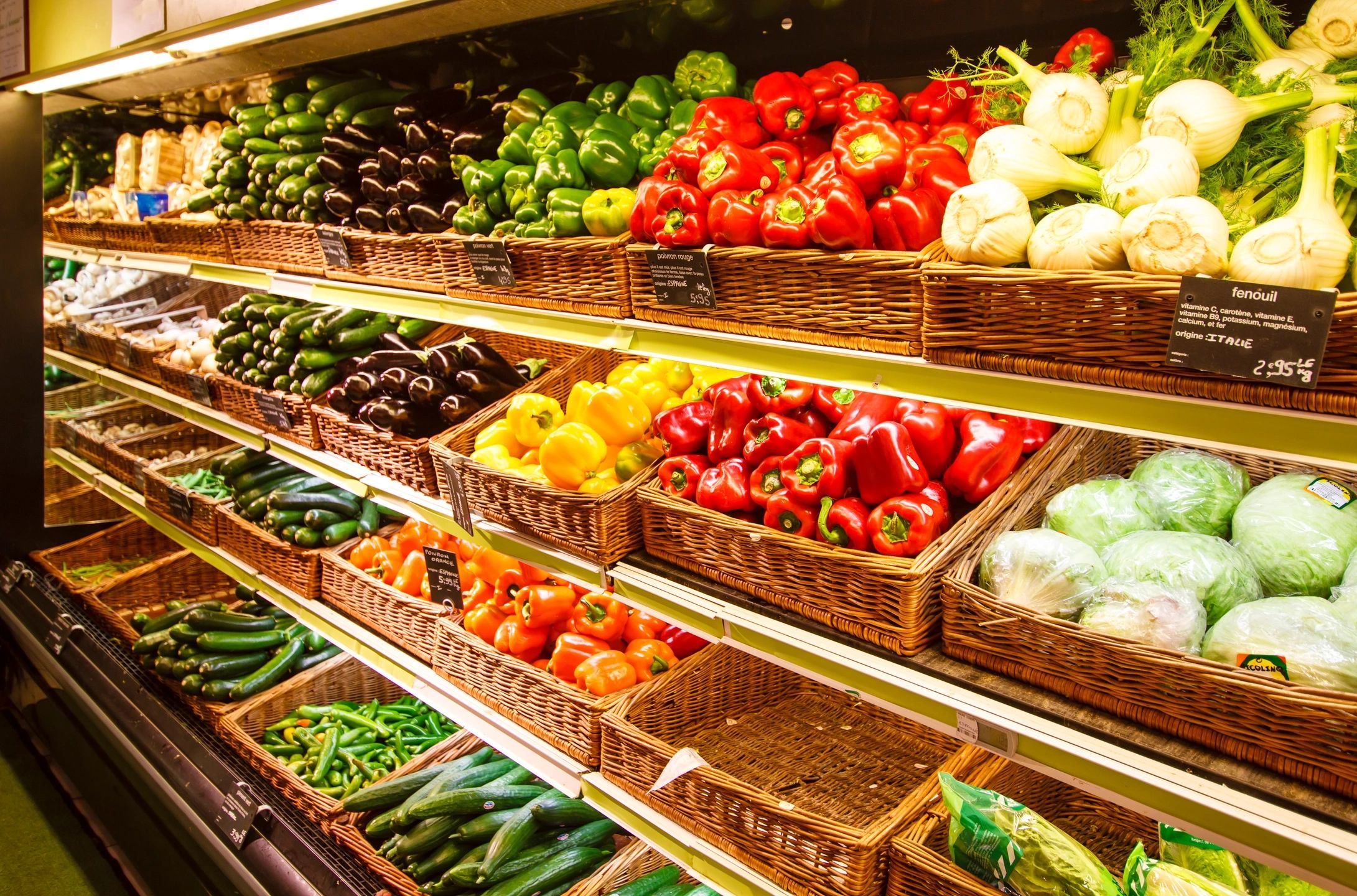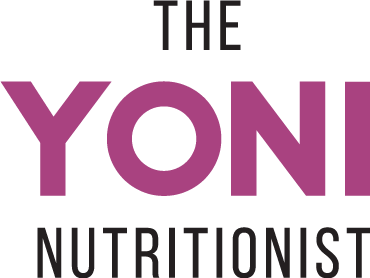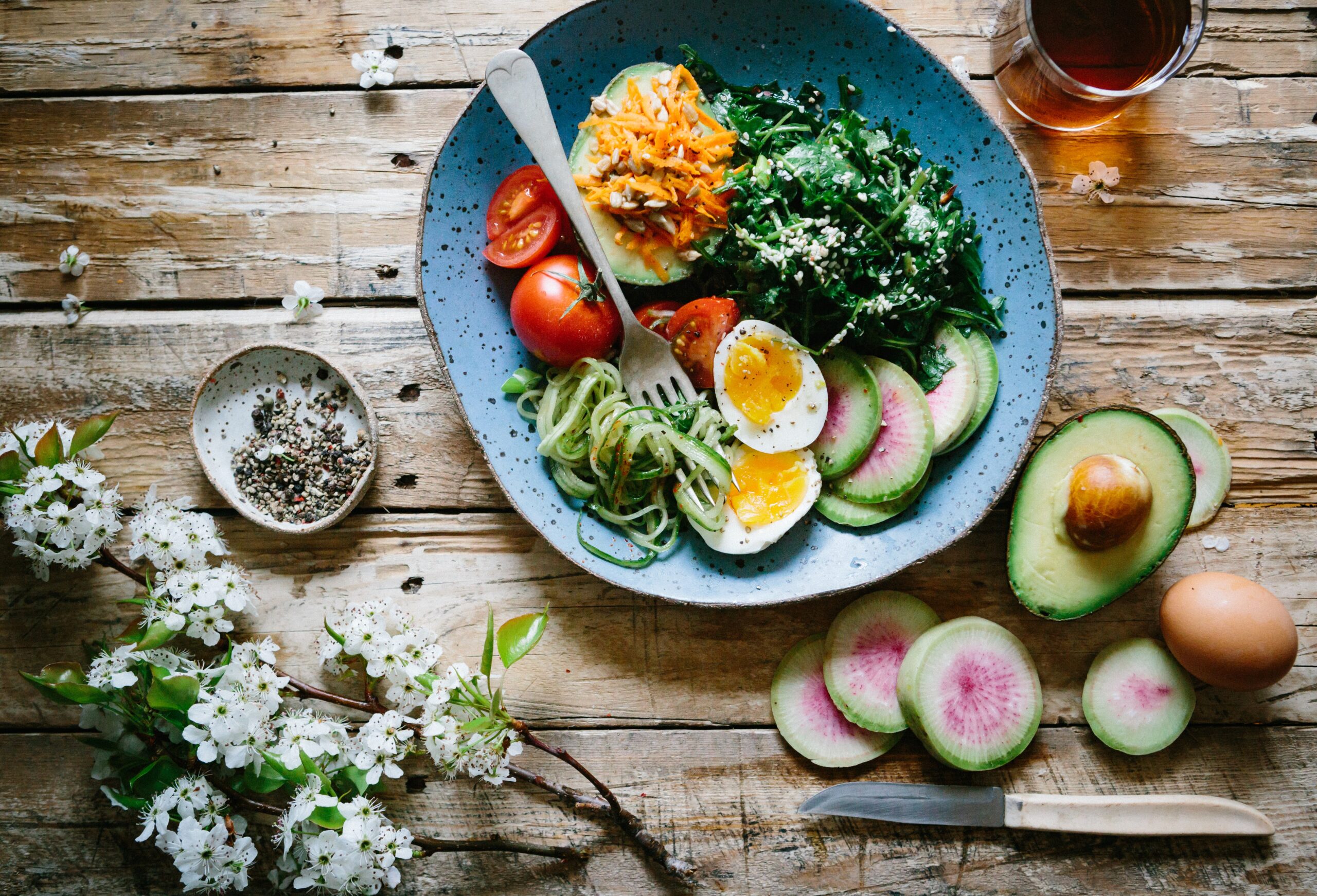10 Tips to Eating Healthy, When you Live on a Budget

Eating healthy is expensive, let’s be honest. It’s easy to break the bank when you want to buy organic ingredients, top-quality supplements, natural products, etc.
When you want to eat healthily but are on a limited budget, it’s about shopping and eating SMART. Whether it be at your local health food store, grocery store, bulk food store or at your local farmers market – finding things that give you the best value for your buck can be fun, like a health food treasure hunt!
A little extra effort and some homework might be required, but a little creativity goes a long way! Imagine how good you will feel after finding a bargain (I mean, who doesn’t love finding a bargain!), which will allow you to invest your money into the most important thing – YOU AND YOUR HEALTH!
Here are my 10 tips to eating healthy, when you live on a budget:
- Buy SEASONAL, fresh fruits & veggies – and if you can, buy them in bulk and freeze them (like berries!). Go to your local farmers market and compare costs of the seasonal fresh foods to what the prices are at the local supermarket. You’d be surprised that buying fresh produce at your local farmers market is not as expensive as you think!
- Keep an eye out for SALES – Especially be on the lookout for the expensive stuff, like supplements or your favorite health foods/products that are on sale. Find out when your local health food store or grocery store (or market) has its products on sale. Keep an eye out for flyers advertising discounts, even collect coupons for your favorite healthy items!
- BUY THINGS IN BULK – Hit up your local bulk food store and buy more for less! For example, grains like quinoa can be bought in large amounts and kept fresh by storing it in air-tight containers. Bulk food stores usually have all kinds of nut and seed butter and are starting to introduce more healthy foods into their selections. Just stay away from the sugar section!!
- Buy things WHOLESALE – in North America, stores like Costco are AMAZING for stocking up on big, wholesale items and there are luckily now so many healthy food options available! Usually, these places require a membership upfront which is an additional cost, but this investment goes a long way. Buying things in wholesale like Extra Virgin Olive Oil, Coconut Oil, whole grains, fresh fruits and veggies, and even frozen (gasp! Yes, I said it), fruits and veggies (hopefully organic!) can make your dollar go a long way. It’s always a big up-front investment (try not to have a heart attack when you see the bill), but this stuff will last you months, as opposed to buying small amounts of it and actually spending more for less. Depending on where you live in the world, try to find a wholesaler near you where you can buy health food products at a lower price.
- BE REALISTIC WITH HOW MUCH FOOD YOU ACTUALLY NEED – eating nutrient-dense food means you don’t need to eat AS MUCH food as you think. You’d be surprised how much fuller you are after eating healthy, whole, nutrient-rich, satiating foods that keep you fuller, longer.
- EATING FOR YOUR CONSTITUTION – For example; what’s your blood type? What’s your ayurvedic dosha? You can find about your specific ayurvedic dosha on this website (https://www.verywellhealth.com/what-is-your-ayurvedic-type-88175) or by asking your doctor about your blood type and then looking here to find out how to eat for your blood type (https://www.webmd.com/diet/a-z/blood-type-diet). But finding out what you need to eat specifically FOR YOUR BODY TYPE, will help you understand which foods you should be eating and which foods you should be avoiding.
- Ask yourself – what is your RELATIONSHIP LIKE WITH FOOD? – If you are emotionally eating, you are most likely eating more food than you actually need. If we are reaching for food for comfort, to fill a void or to “eat our feelings”, this is a habit that we have adapted over time. It’s conditioning. And the good thing is, this is a habit that can be broken by practicing mindful eating. Notice what triggers you to reach for those foods that you are needing/craving when you are not hungry. Being aware of it is the first step in breaking the habit to change your unhealthy eating patterns. You’ll be surprised that you don’t need to eat as much as you thought!
- INTERMITTENT FASTING – is a current trend but lots of people are doing it to help lose weight while they eat. It helps you develop a healthy relationship with food by reprogramming the brain to show you that you don’t need as much food as you think you do. Skipping meals is not the point here, it’s about eating SMARTER. Make sure you do your research to make sure you are doing it correctly, that works for YOUR body. For more information, here’s a great resource that explains it in more detail: (https://www.healthline.com/nutrition/intermittent-fasting-guide#methods)
- MEAL PREPPING – Prepping your meals in advance for the week is a great way to eat healthy on a budget. It prevents you from eating out as much which will allow you to save HUGE on buying food out. PLUS, you know exactly what you are putting in your mouth and into your body! Making meals like soups, casseroles, curries, salads, grains, and cutting up fruits and veggies makes it so easy to eat healthy on a budget, especially if you live a busy lifestyle!
- DRINK WATER – Are you really hungry, or just thirsty? Sometimes your mind will trick you into thinking you are hungry when all your body wants is water. If you are feeling snacky or craving something particular, drink a glass of water and notice if you feel satiated afterward.
Other things to be mindful of:
- Be aware of the DIRTY DOZEN and the CLEAN FIFTEEN. If you can’t buy organic, stay away from the dirty dozen as much as you can! Here is a summary of each: (https://www.goodhousekeeping.com/health/diet-nutrition/a26873412/dirty-dozen-foods-2019-list/)
- Mindful eating – chewing slower, noticing and being aware of cravings and when you want to eat (especially if you are not hungry), being fully present when you are eating (i.e. not watching the TV), really tasting AND ENJOYING your food while you are eating
- Eliminate unnecessary costs and reinvest that money into healthy, whole foods – i.e. are you ok with paying $10 for a bottle of wine but $10 for a package of Quinoa is too expensive?
- Not eating big meals before bed – If you eat a big meal before bed, notice how hungry you are when you wake up in the morning? This is because your stomach has expanded and you need more food in the morning to fill this void.
- Getting enough sleep – aids in the digestion process
Remember, the best investment you can ever make is in YOU and YOUR HEALTH. And it starts with your MINDSET.
Eating healthy can be easy, fun and is totally doable when you live on a limited budget!
If you struggle with your gut health, my F*CK CANDIDA Online Candida Elimination Program program is perfect for you. It has been designed and created for Women who want to reset their gut health, and improve their yoni health whether you struggle with Candida overgrowth or not.
This program benefits ALL women who want to reclaim their feminine power, reconnect to their sensuality, and take back control of their health by learning natural and holistic methods of healing through diet, nutrition and wellness practices.
https://yoni-nutrition.teachable.com/p/f-ck-candida-2
I also offer 1:1 support calls as part of my services and create a safe space for you to feel comfortable talking about your experience with someone who understands. Here’s the link to book a 30min call with me:
https://yoni-nutrition.teachable.com/p/30min-quick-consult
6 Comments
-
-
yoninutritionist
Thanks so much! I’m glad you enjoyed it!
-
-
Nicole G. Hayes
I showed your post to all my family .
Your Post is so informative.
I enjoyed your post so much.
Thanks For Your Nice Post..-
yoninutritionist
Thanks so much! That’s so great, I’m glad ot is helpful!
-
-
-
yoninutritionist
Thanks so much, I’m glad you liked it!
-
Comments are closed.






malika
Great info ,good thanks .